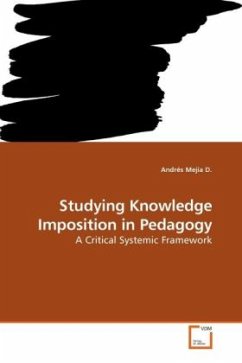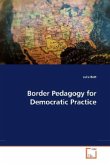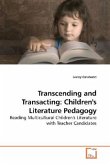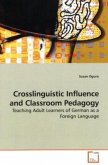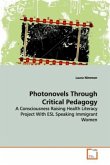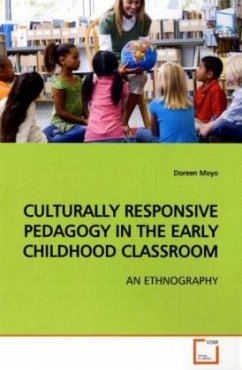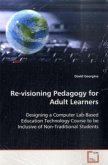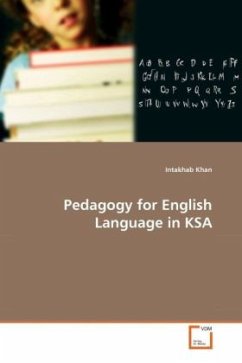Think for yourself! was the motto of the Enlightenment. And in spite of the multiple attacks it has received in the last few decades, it still seems a valuable principle to guide one s life with, as well as, of course, our educational endeavours. Accordingly, various educational approaches have declared as one of their main goals, the development of students as critical persons; and therefore they take up the task of providing them with the resources necessary for thinking for themselves, and for not letting other people s knowledge be imposed on them. This work comprehensively reviews how different contemporary critical approaches both those developed within systems thinking and those constructed directly in educational theory conceive of criticality and knowledge imposition. Additionally, from the philosophy of language of Rorty, Sellars, Quine, and especially Davidson, some possibilities and limitations of these approaches are analysed. Lastly, from this analysis, a generalframework for studying knowledge imposition in pedagogy is constructed, that can help those in education concerned with helping their students develop as critical persons.
Bitte wählen Sie Ihr Anliegen aus.
Rechnungen
Retourenschein anfordern
Bestellstatus
Storno

